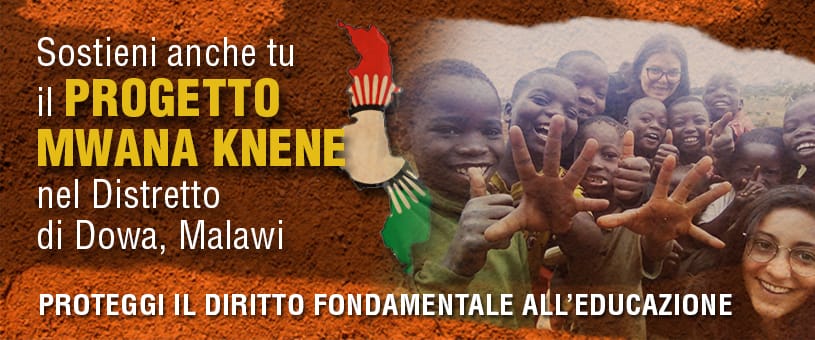
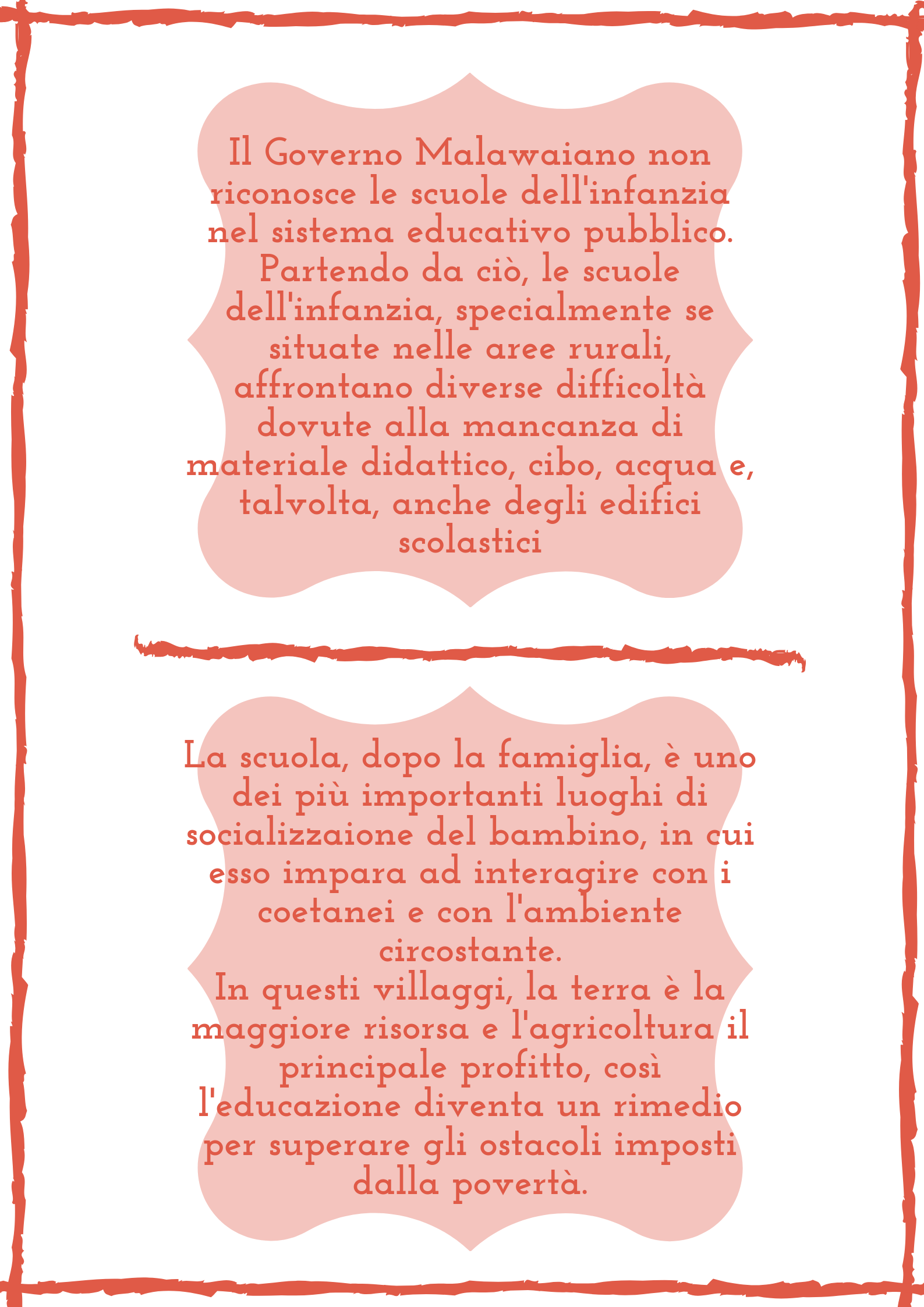
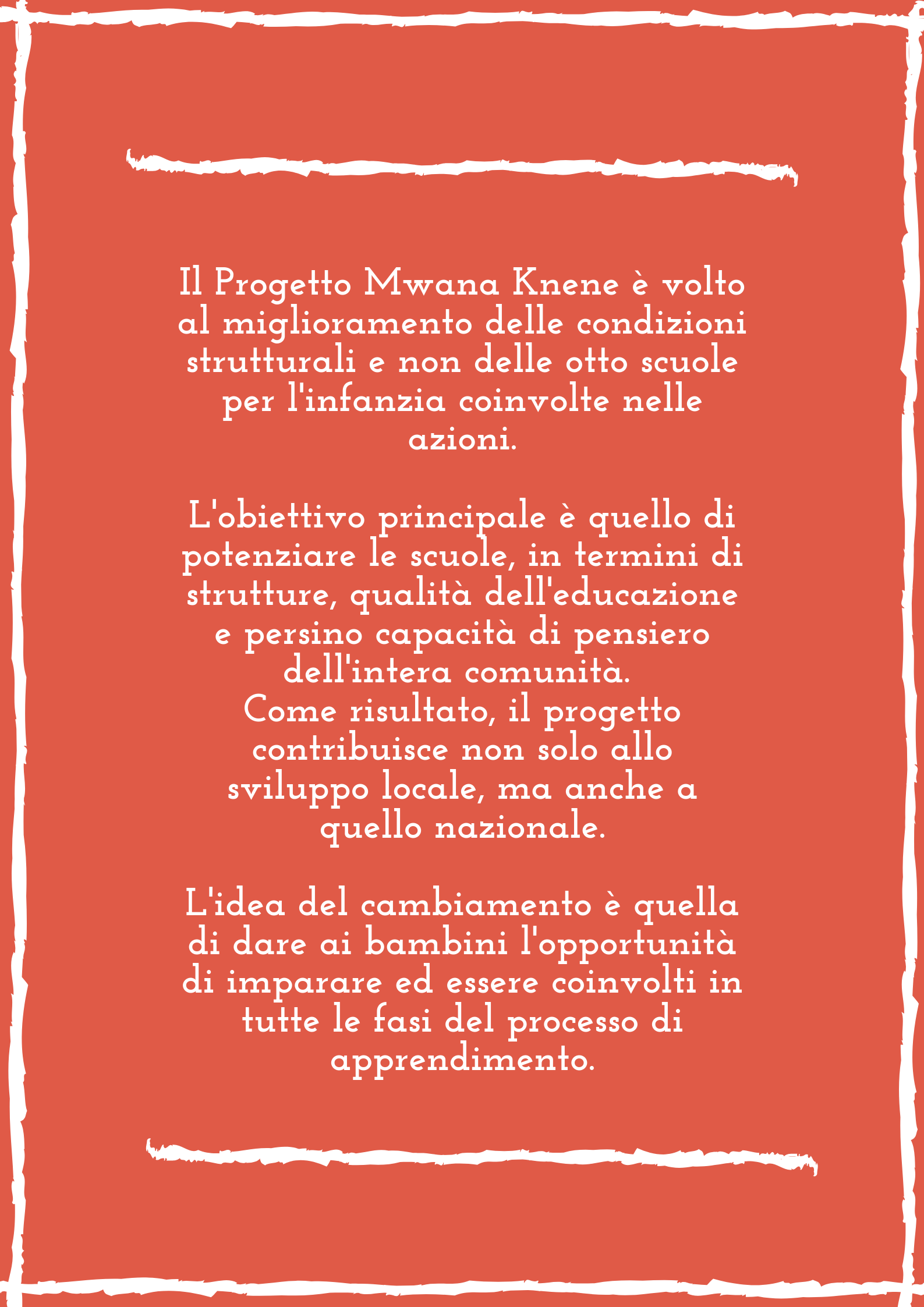
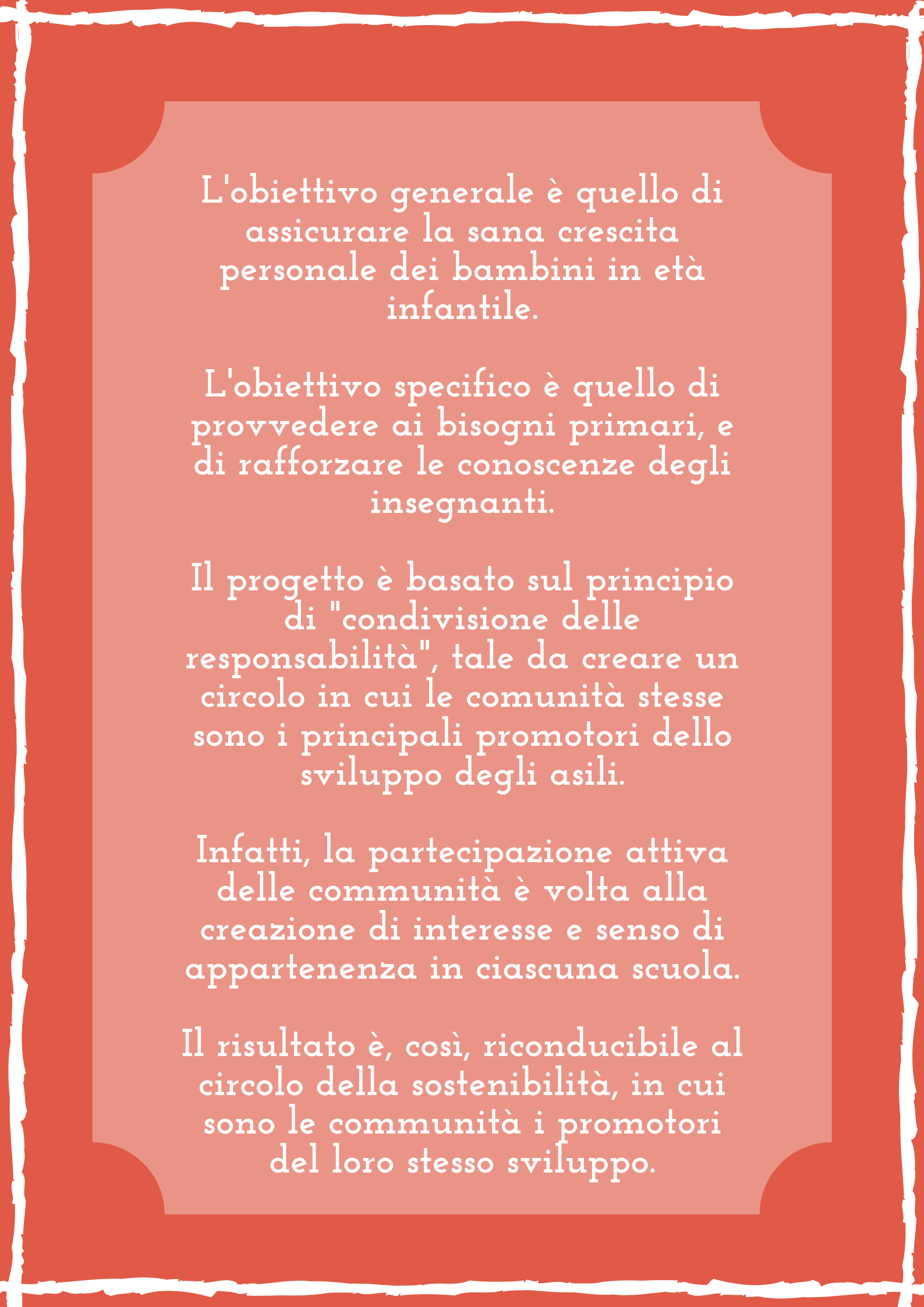
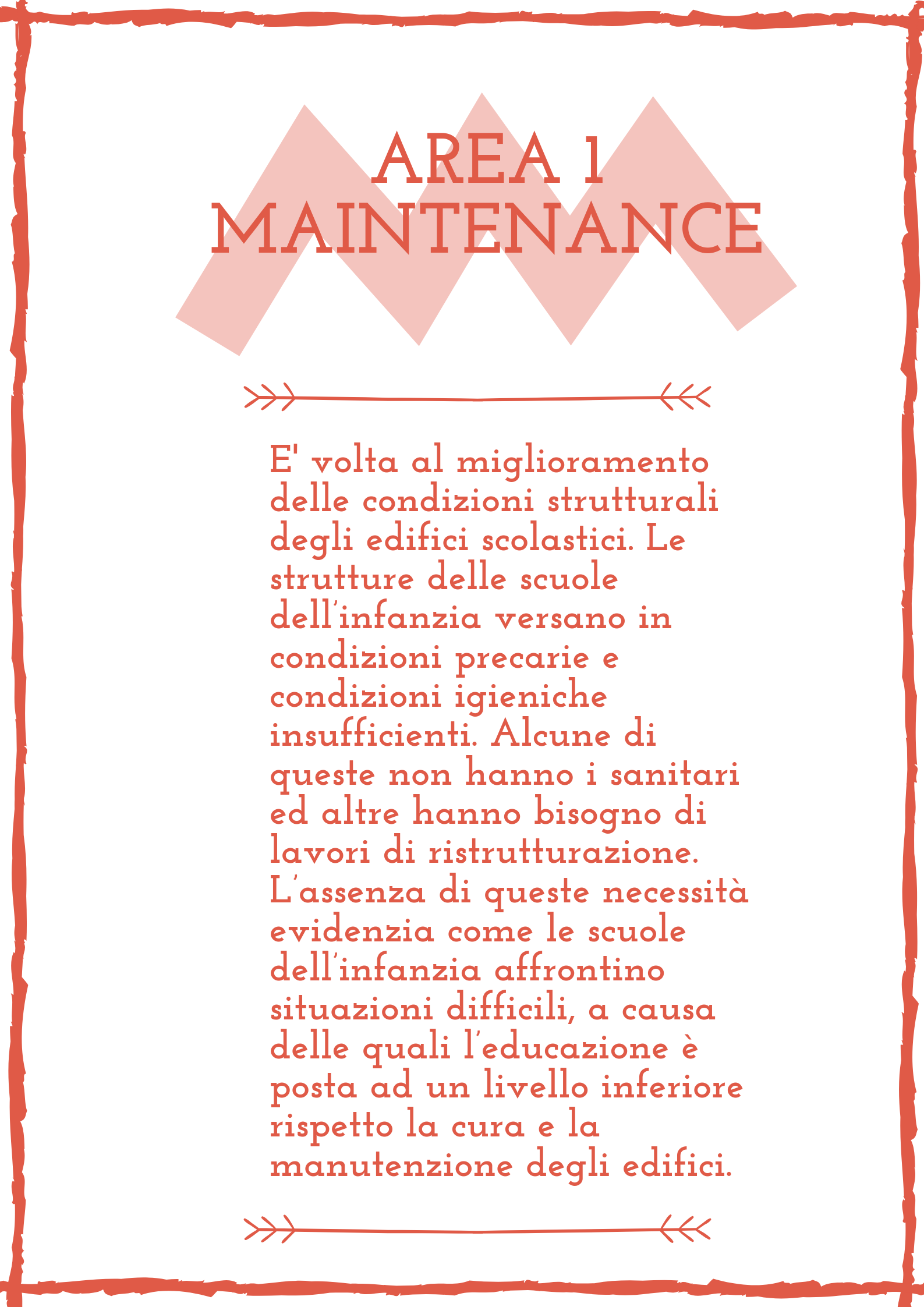
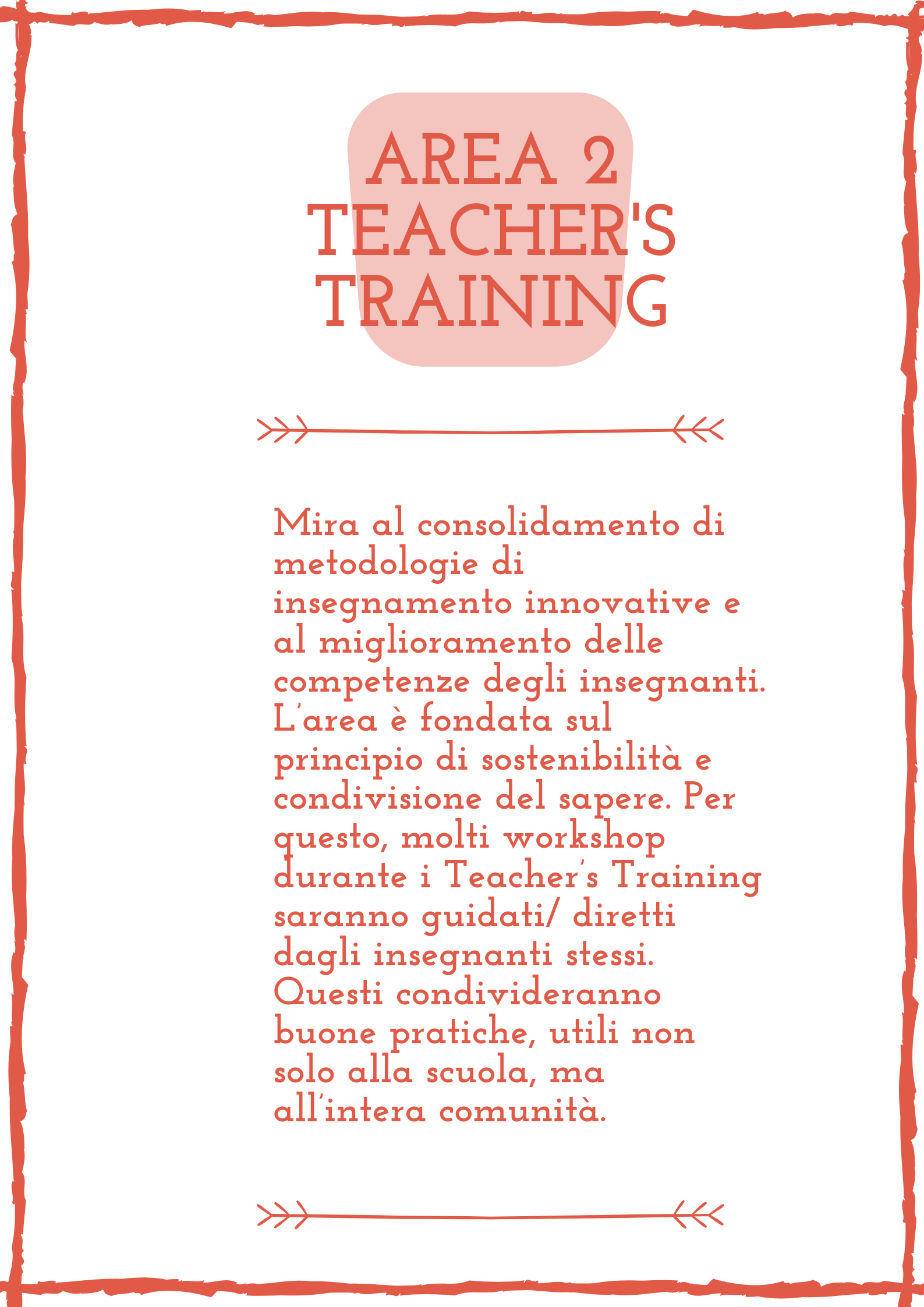
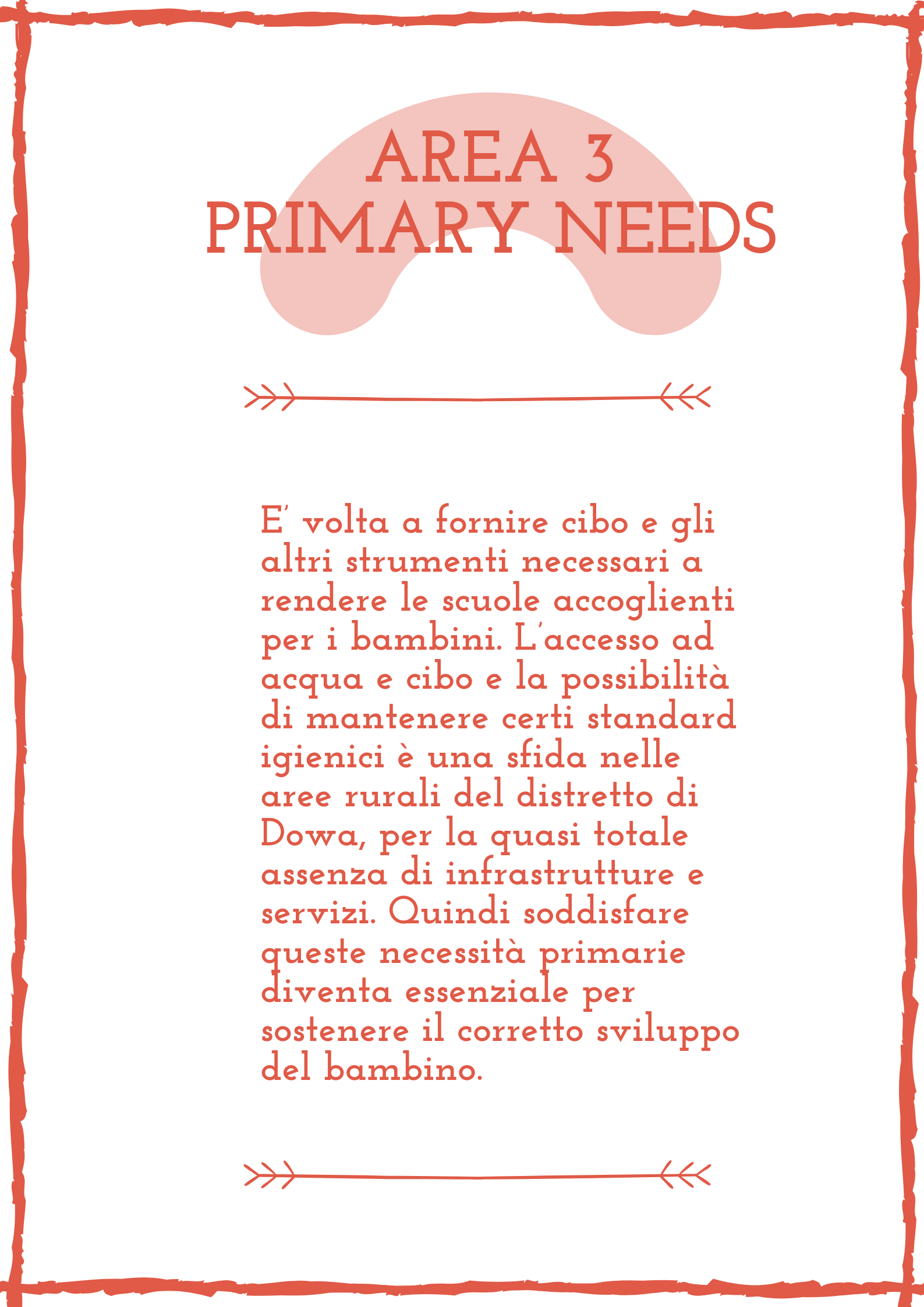
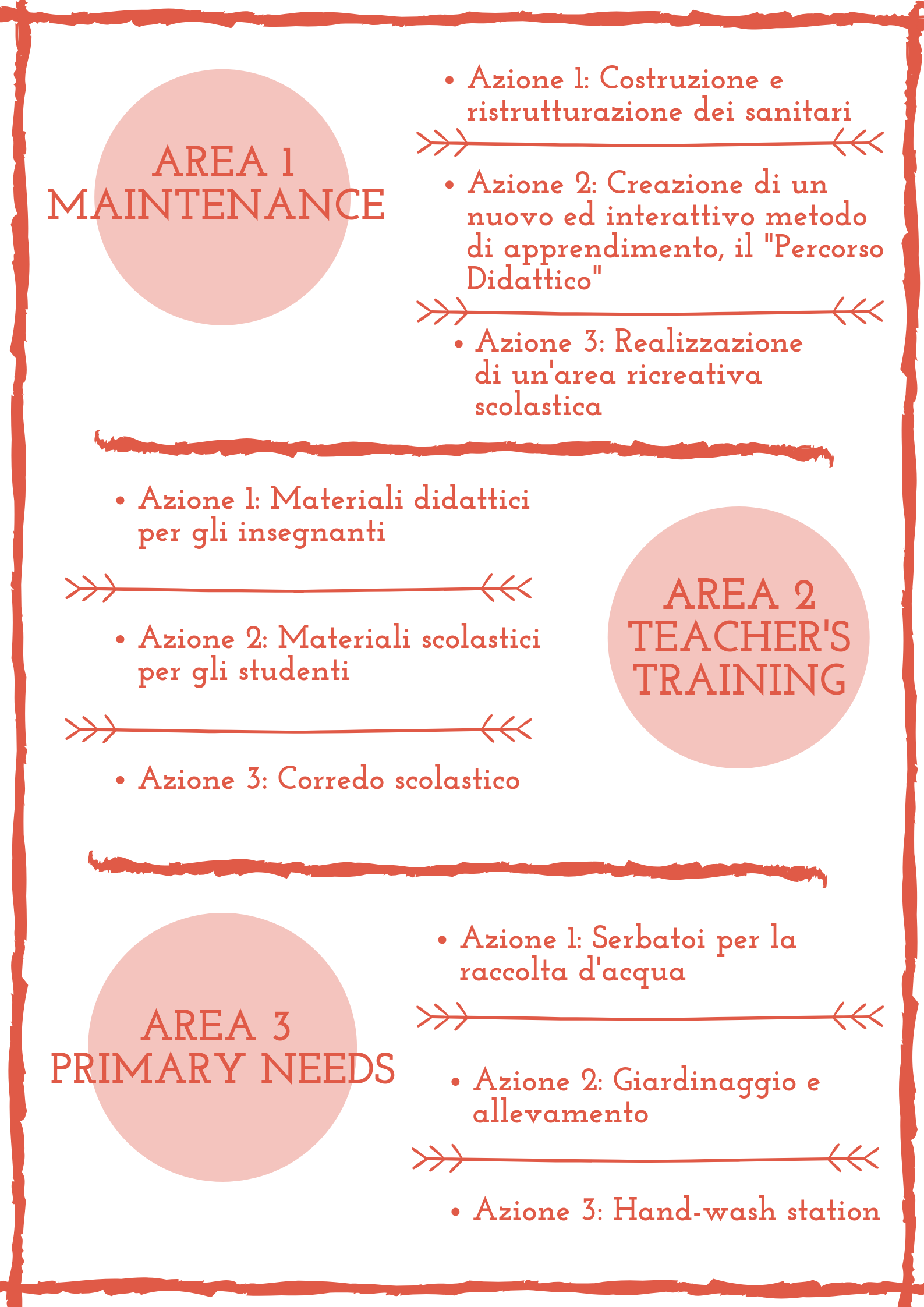
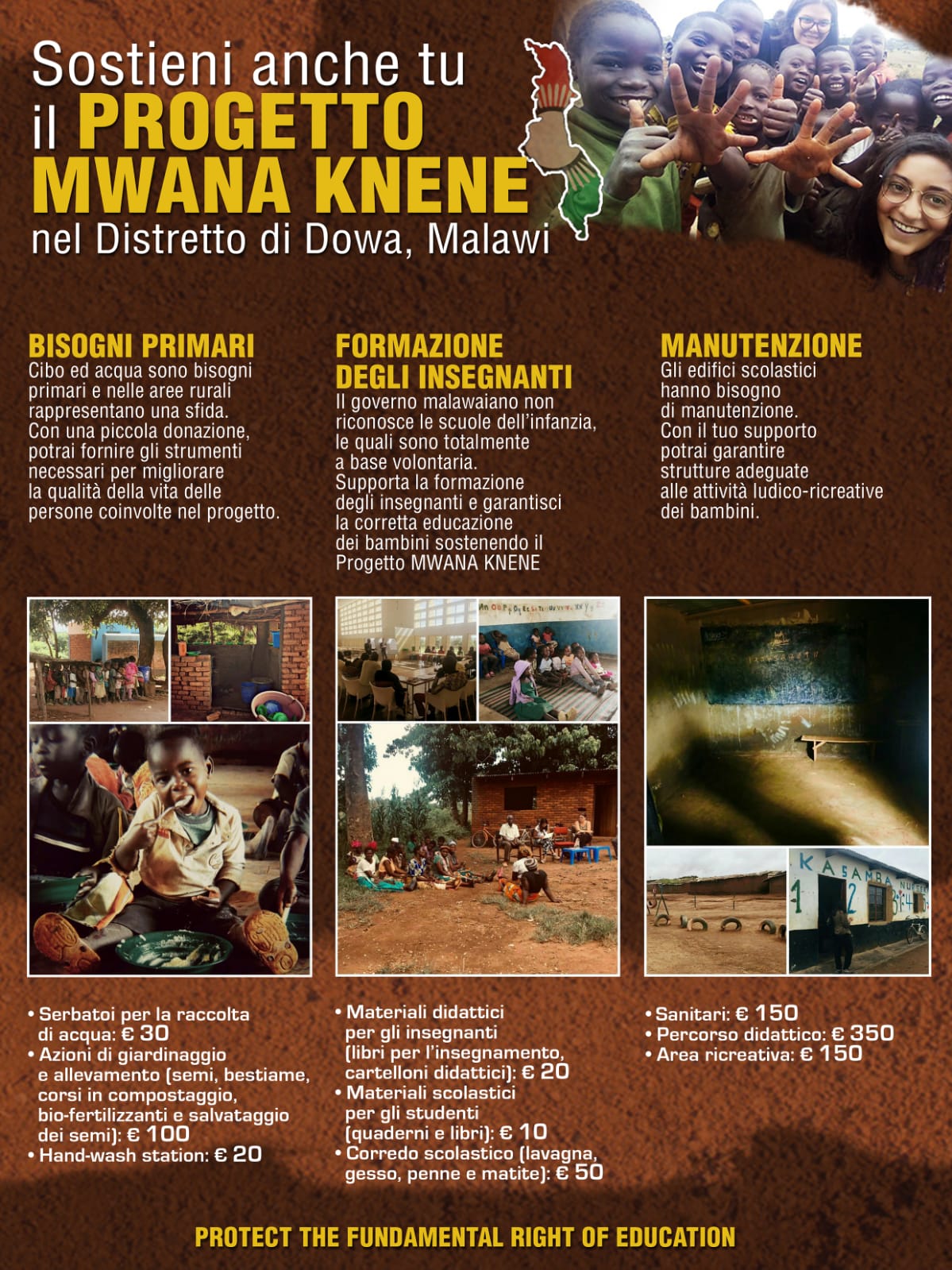
English Version
The Malawian Government doesn’t recognize the pre-school as a public institution of the educational system. Starting from this point, the pre-schools, especially when located in rural areas, face several lacks such as teaching and school materials, food, water and sometimes even the building of the school.
The school, after the family, is one of the most important stages of socialization of the kids, in which they can learn how to interact with the other peers and non-peers and the environment. In those villages, where the land is the main resource and the agriculture is the main income, education has been noticed as a delight to over-shine poverty in their life.
Mwana Knene project aims to improve the condition of the eight pre-schools involved in the action. The main goal of the project is to improve and develop the schools in terms of structures, quality of education and even thinking capabilities of community’s dwellers; as a result, it contributes to community and national development.
The focus of change is to give the opportunity to the children to be more aware and involved in the process of learning.
The general objective is to ensure healthy personal growth of children in early childhood.
The specific objectives are to supply primary needs and to qualify the knowledge of the teachers.
The project is imprinted on the principles of “responsibility sharing”, to create a circle in which the communities will be the main characters of the pre-school’s development. In fact, the community’s participation wants to create a sense of caring and ownership of each pre-schools. As a result, it cherishes the creation of a sustainable circle in which the community itself is the promoter of its own development.
The pre-school needs to give tools and cognitive skills to the kids to perform their personalities. Because of their pre-school education, the children get in a better and earlier position from which to control their own life.
Action Areas:
The project is articulated in three different areas of action:
Area 1. Maintenance: it focusses on the improvement of the structural conditions of the pre-schools.
The structure of the pre-schools presents old building’s material, ruined wall and bad hygiene conditions. Some of them don’t have toilets, some other need maintenance work.
The lack of these necessities points out how the pre-schools face a difficult situation in which the importance of education is on a second level despite the “caring” and “maintenance” of the building.
Action 1. Construction and renovation of toilettes
Action 2. Creation of an interactive and innovative method of learning, in which numbers, letters and other stimulating images will be painted on the floor and the walls of the classroom, called “Didactic Path”
Action 3. Realization of the Play-ground
Area 2. Teacher’s Training: it focusses on the empowerment of the methodology of teaching and the
improvement of practical skills in the teachers. The Teacher’s Training will be imprinted on the principle of sustainability and sharing of knowledge. Indeed, many of the practical workshops will be led by teachers themselves. They will share their knowledge and skills to develop good practices useful not just to run the pre-school, but the whole community.
Action 1. Providing teacher’s school materials
Action 2. Supplying student’s school materials
Action 3. Furnishing scholastic equipment
Area 3. Primary needs: it concerns on providing food and other equipment to make the pre-school
able to welcome the students. The access to water and food and the possibility to maintain a certain hygienic standard become a challenge in the rural areas of Dowa District because of the total absence of infrastructures and services.
To satisfy these primary needs become essential to facilitate the involvement of the families of each village to support the correct growth of the child.
Action 1. Realization of water storage tanks
Action 2. Gardening and farming
Action 3. Creation of hand-wash station
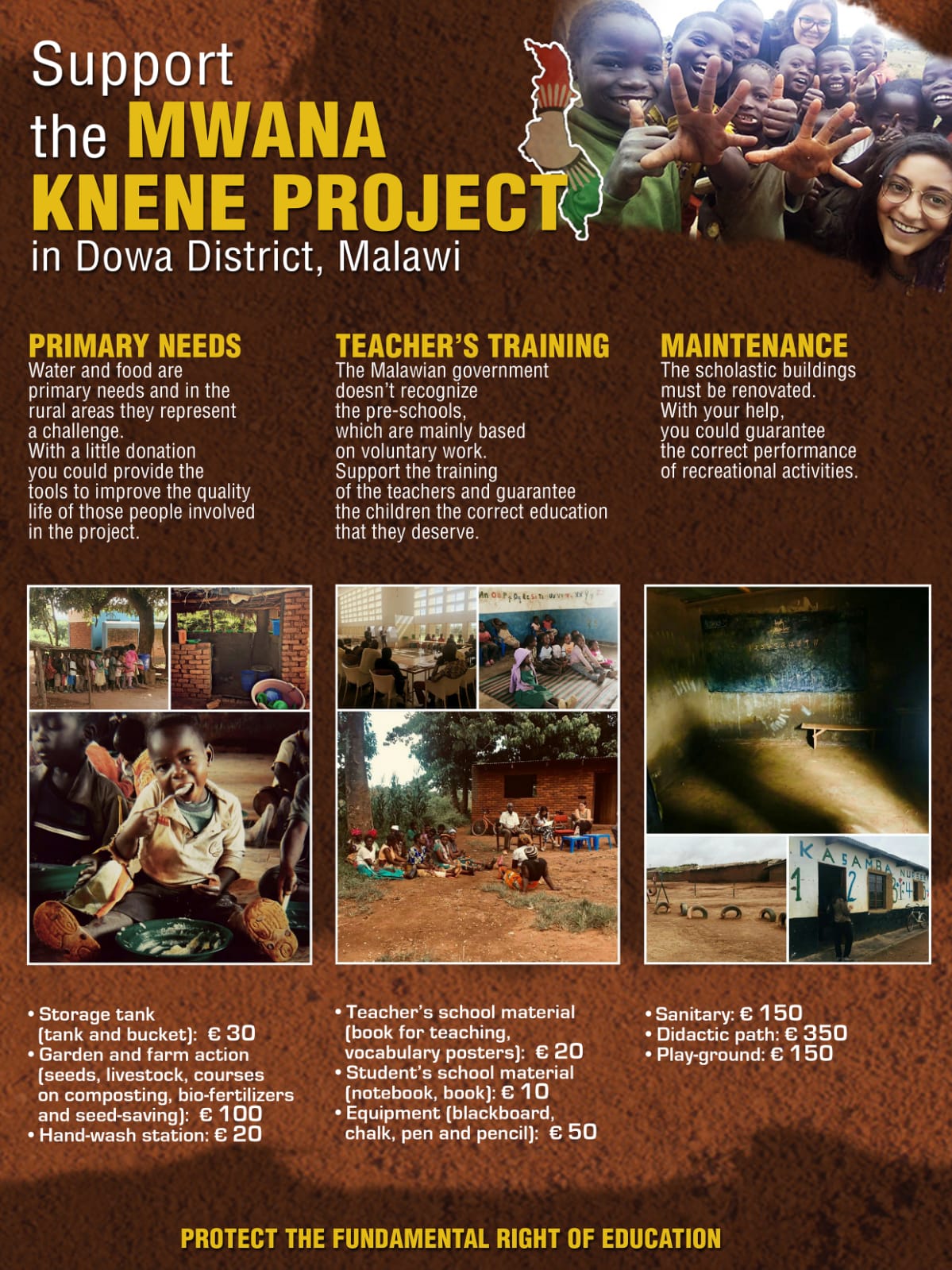
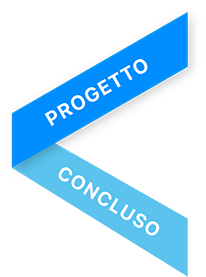










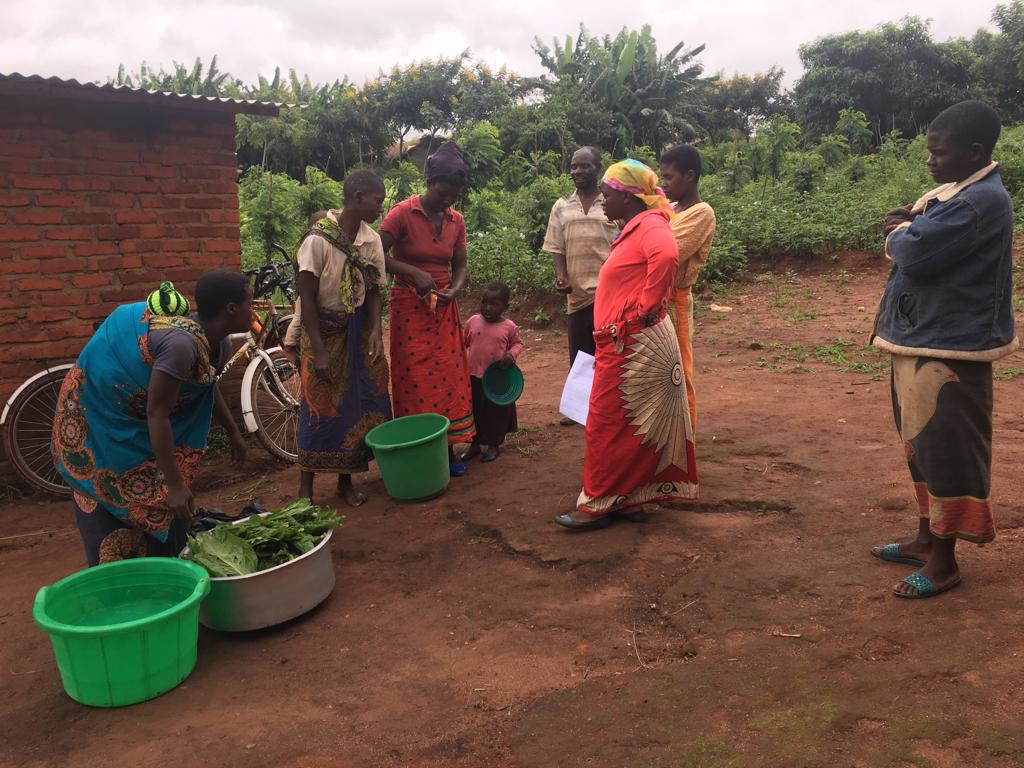
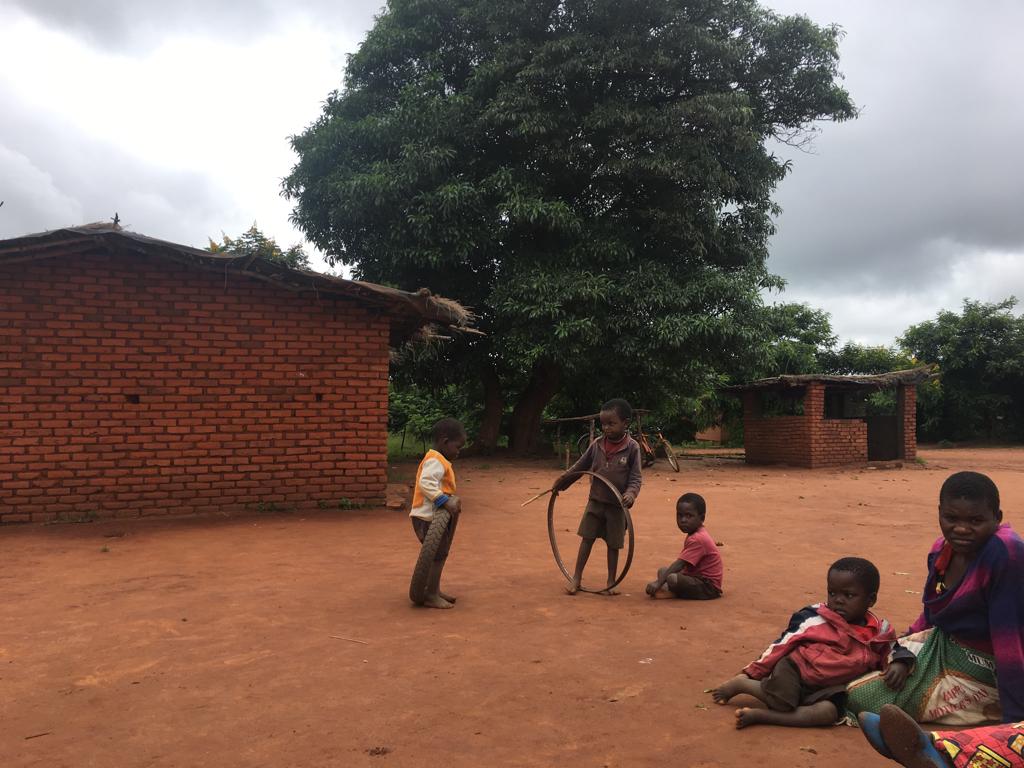
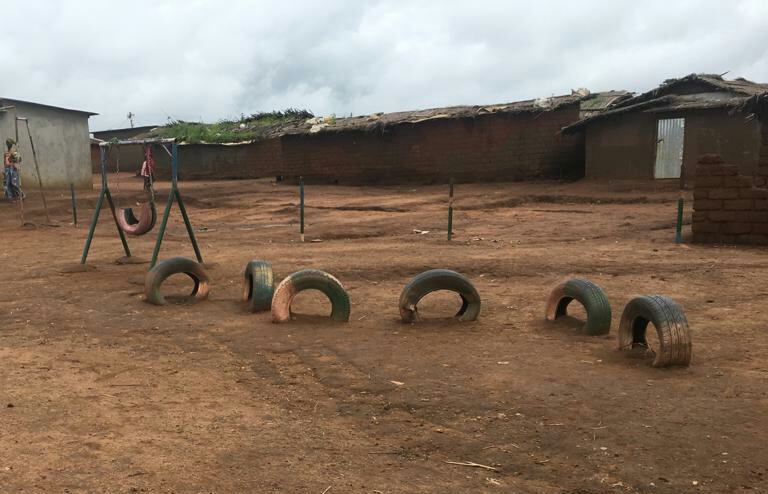
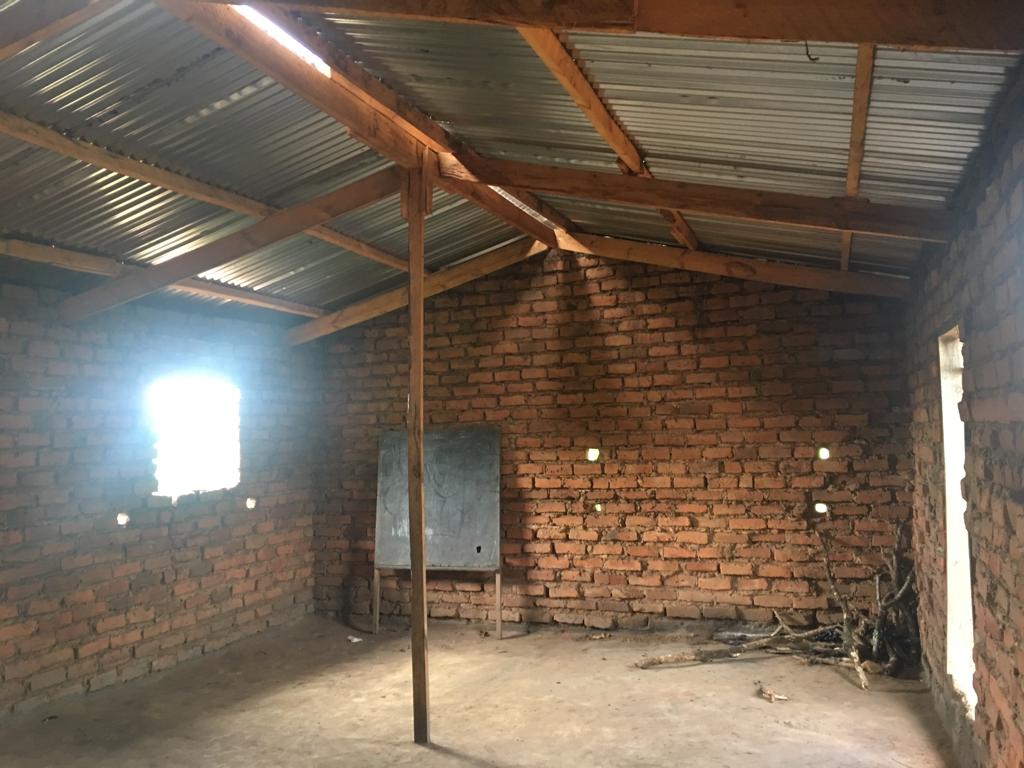
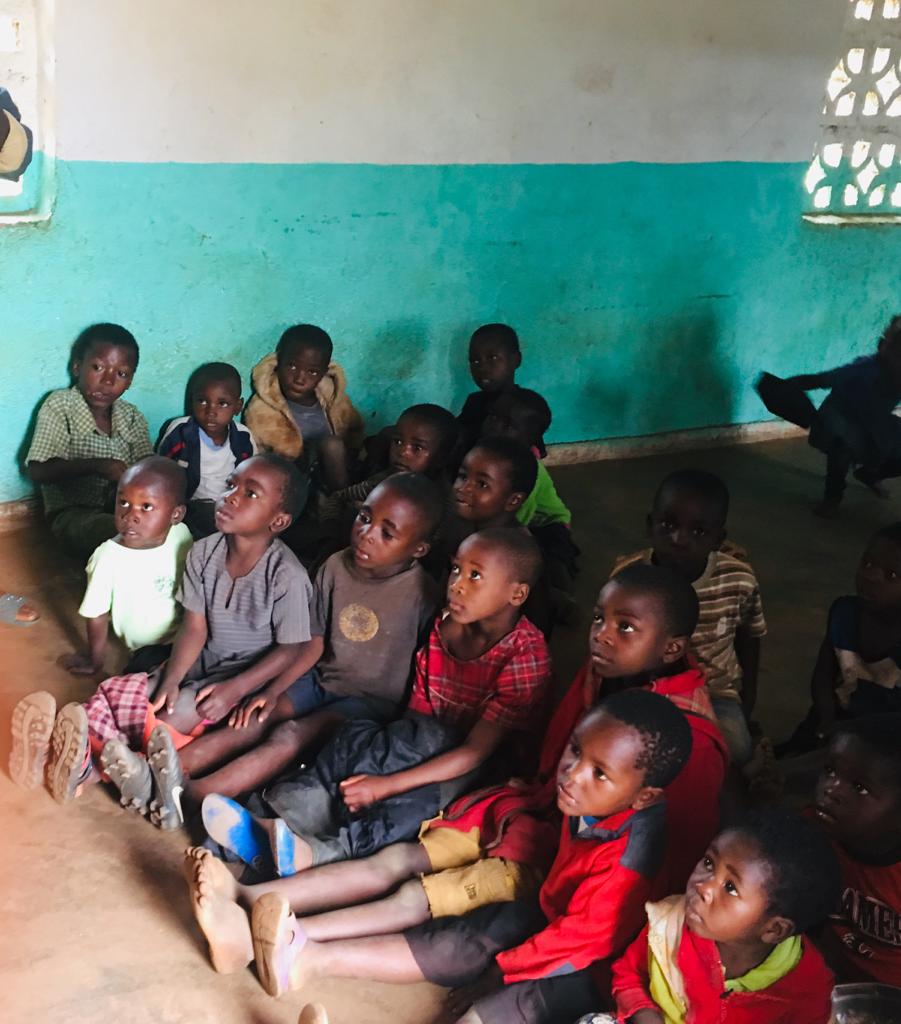
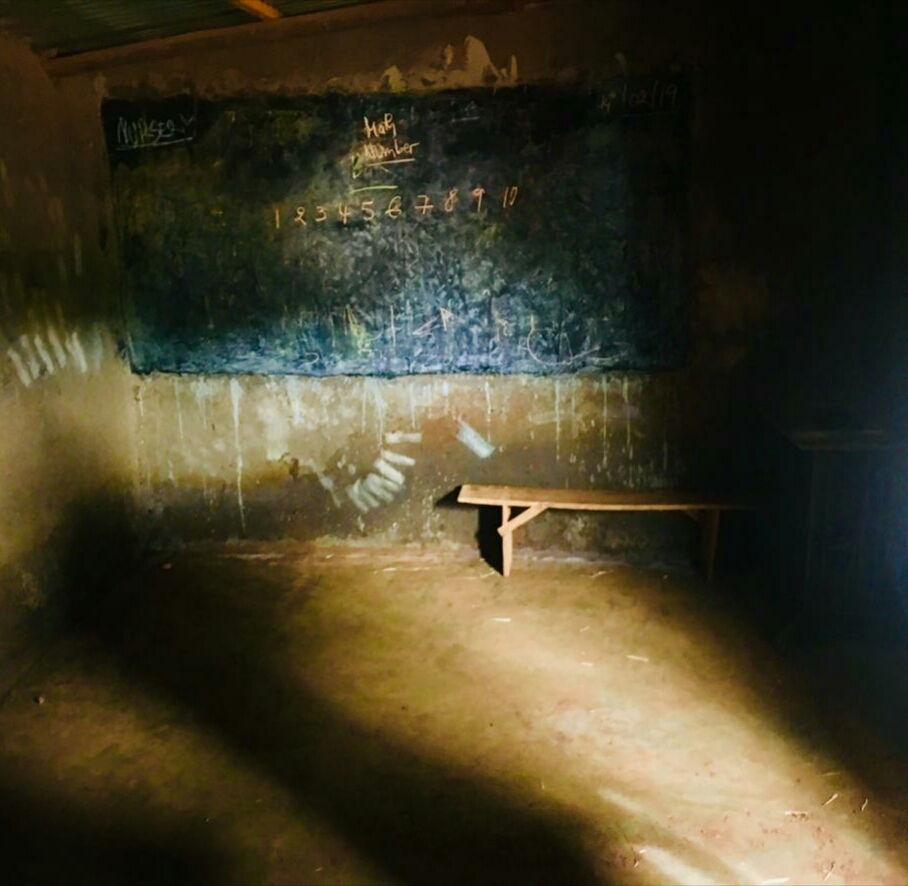
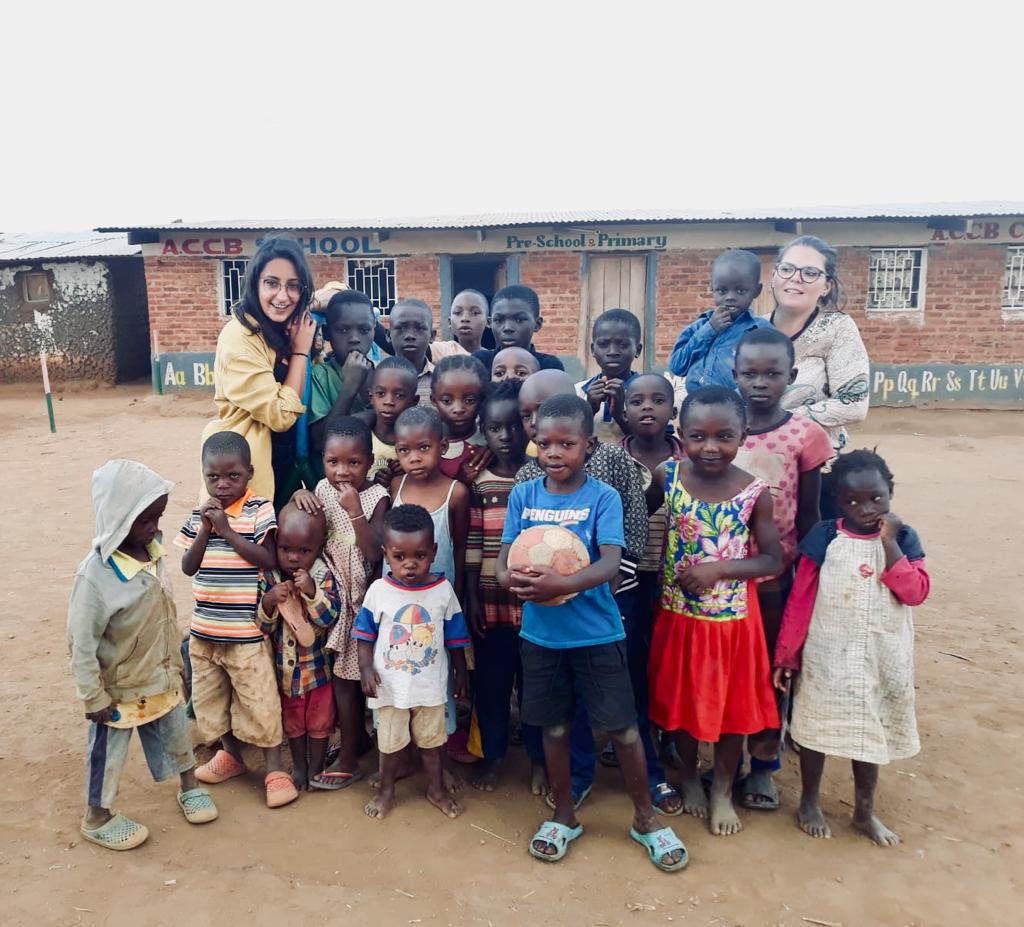
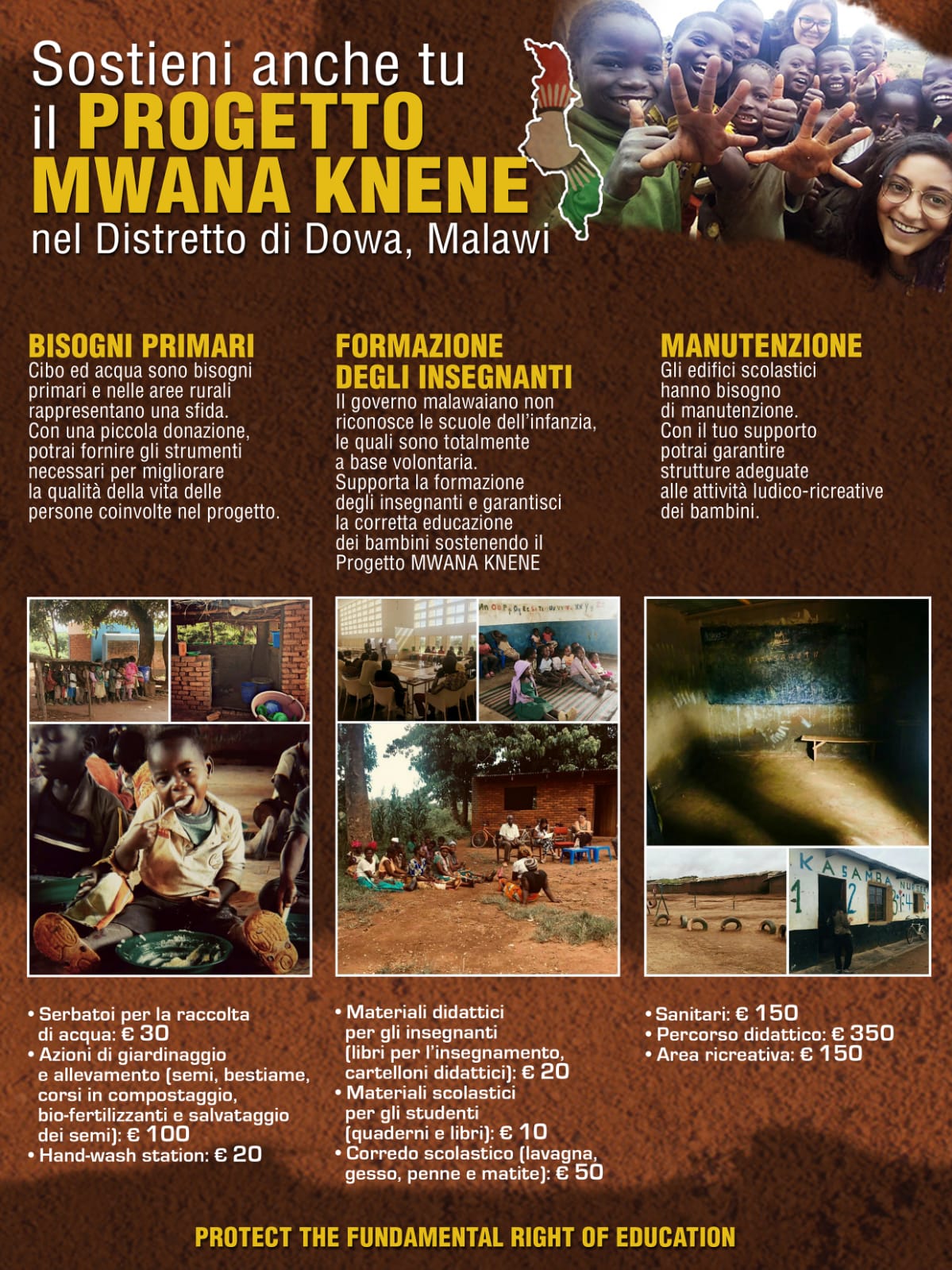
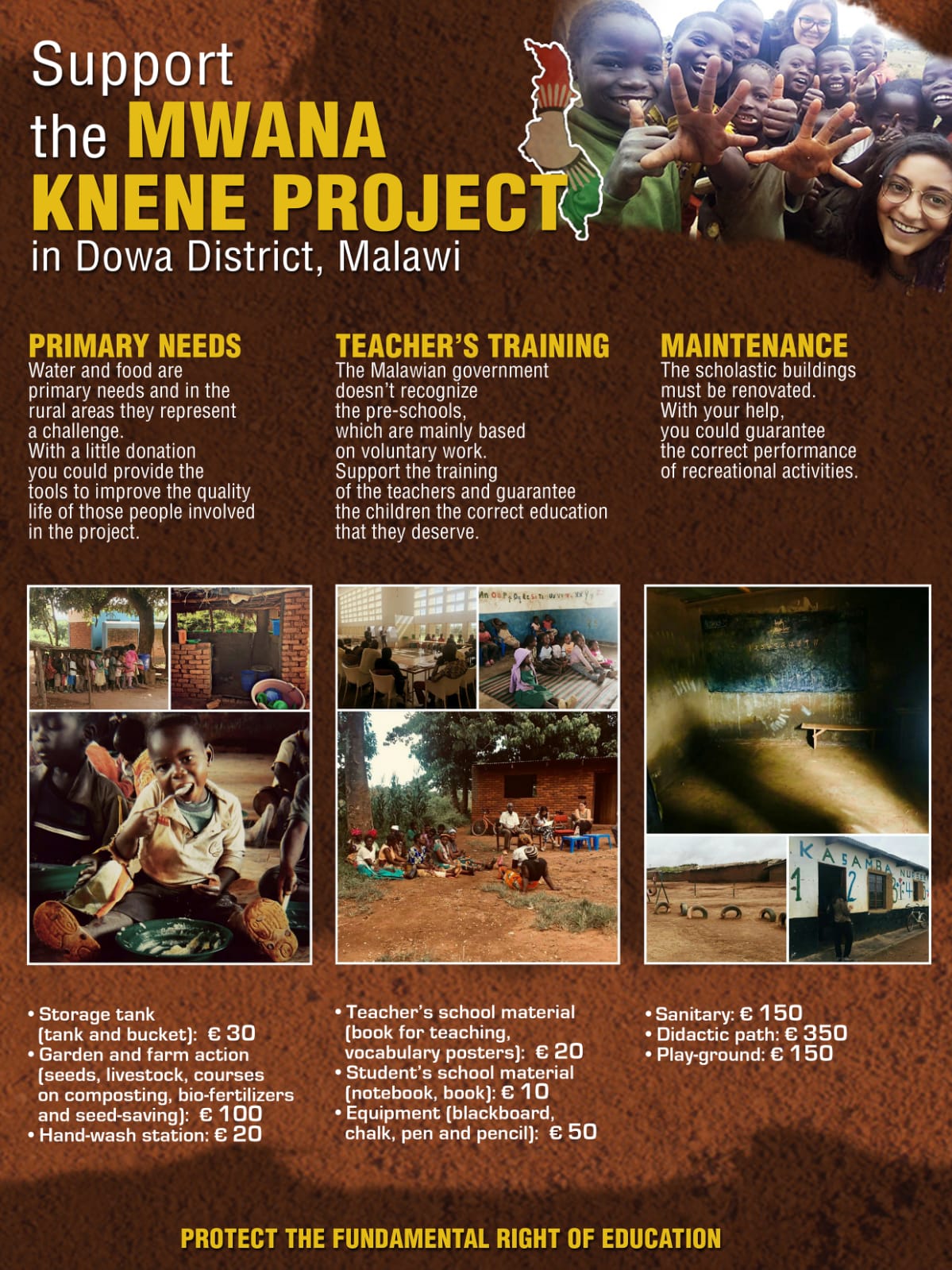
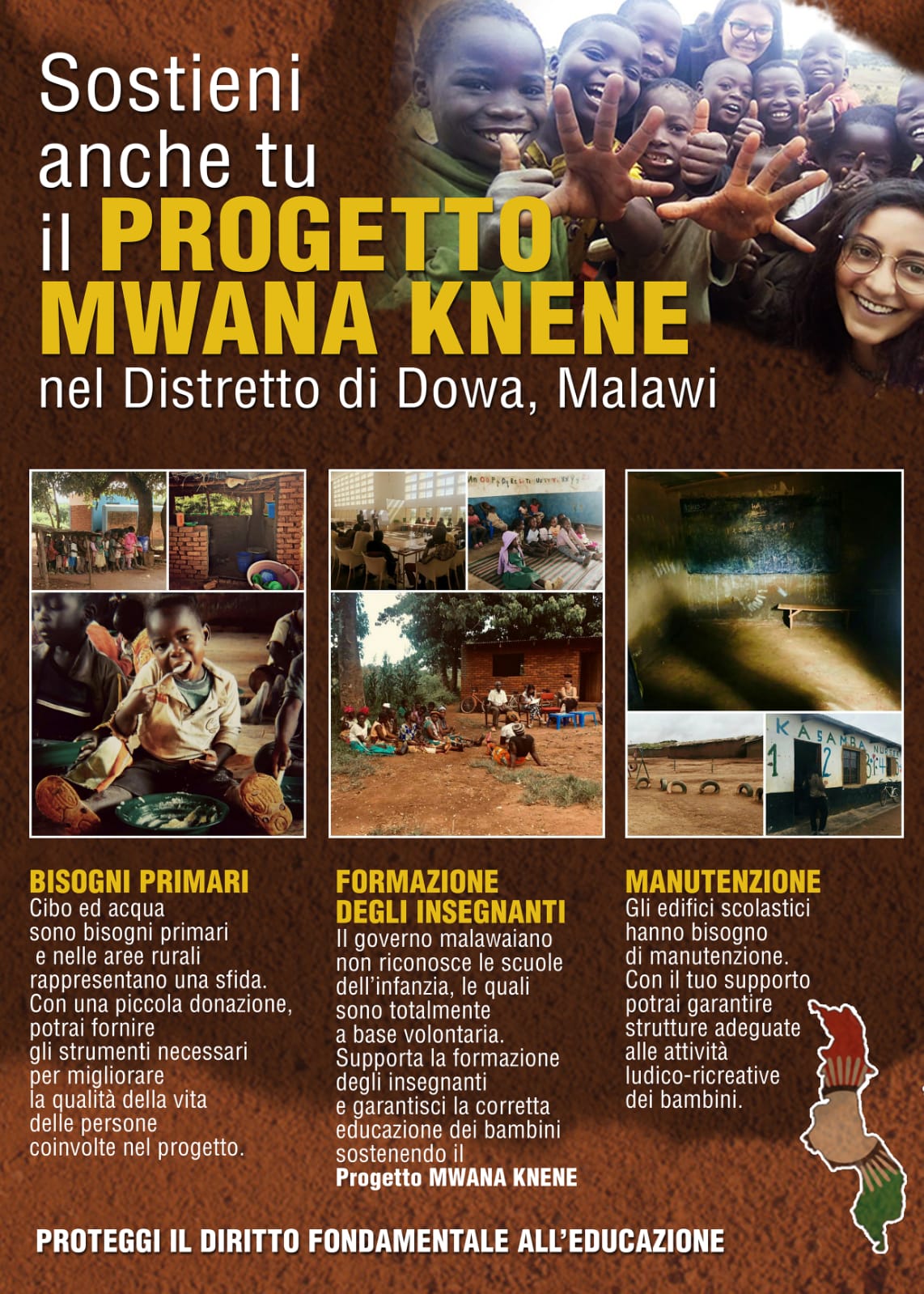
Commenti (1)